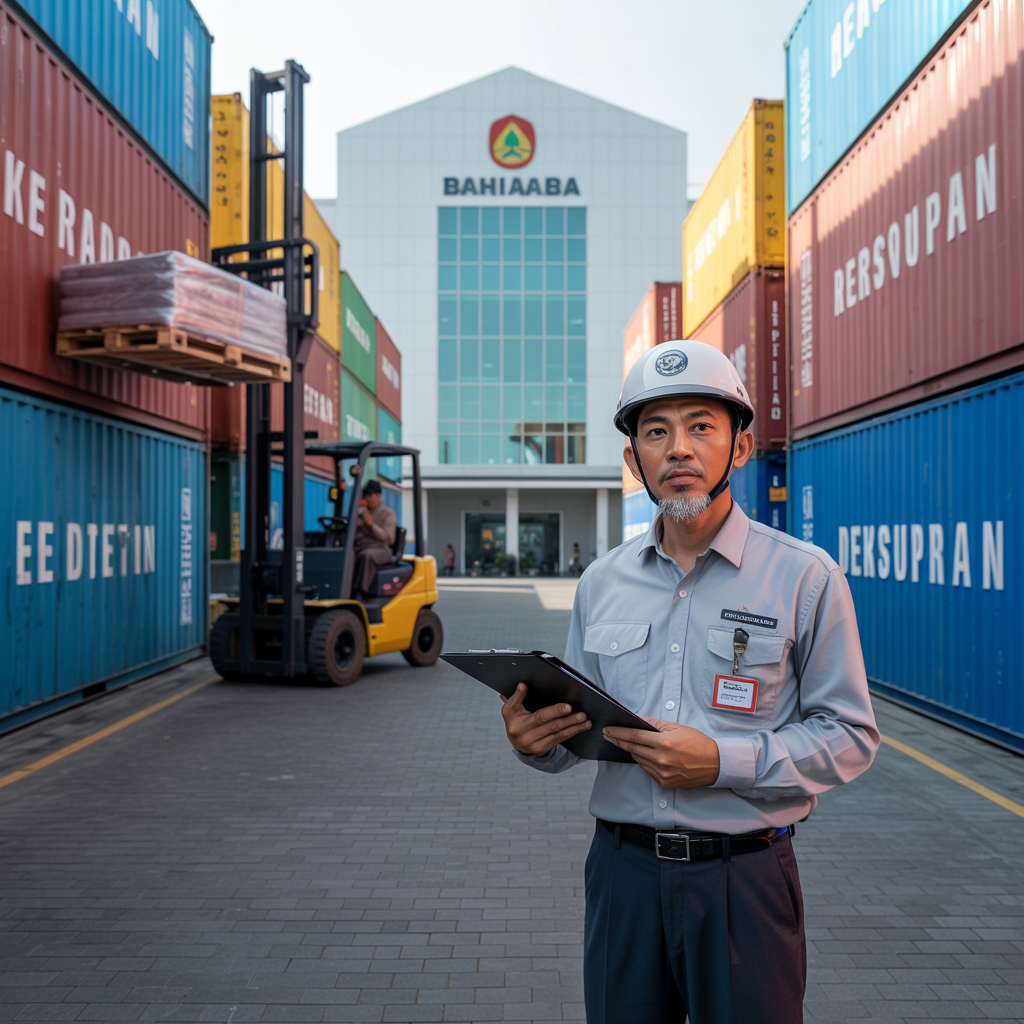What is a Bonded Zone in Indonesia: Definition and Main Functions

A bonded zone is a specific area in Indonesia used to store goods originating from abroad that will be further processed and re-exported or sold in the domestic market according to regulations. The main purpose of establishing this bonded zone is to enhance the competitiveness of the export manufacturing industry and attract both domestic and foreign investment. In the context of international trade, bonded zones offer a conducive environment with various facilities that facilitate production and distribution activities, such as easier access to imported raw materials, technology, and global markets.
The main benefits offered by bonded zones include various fiscal and customs incentives, such as suspension of import duties and exemption of value-added tax for incoming goods that will be processed and exported. This is highly beneficial for companies operating in the export and import sectors in Indonesia, as it can significantly reduce operating costs. Additionally, this facility also helps improve production quality and product competitiveness in the international market. With the support of the latest 2025 regulations, bonded zones also become more attractive for new investors who want to take advantage of the benefits provided by the Indonesian government.
To optimize the function of bonded zones, the government continues to adjust regulations and improve existing infrastructure. This includes enhancing more efficient customs oversight systems and providing information technology to expedite customs processes. The participation of various related agencies in ensuring a conducive business environment is also a key strength of this bonded zone. With the government's commitment to improving the quality and compliance of regulations, it is hoped that bonded zones can continue to support the growth of the manufacturing industry in Indonesia and contribute to achieving higher export targets in the future.


